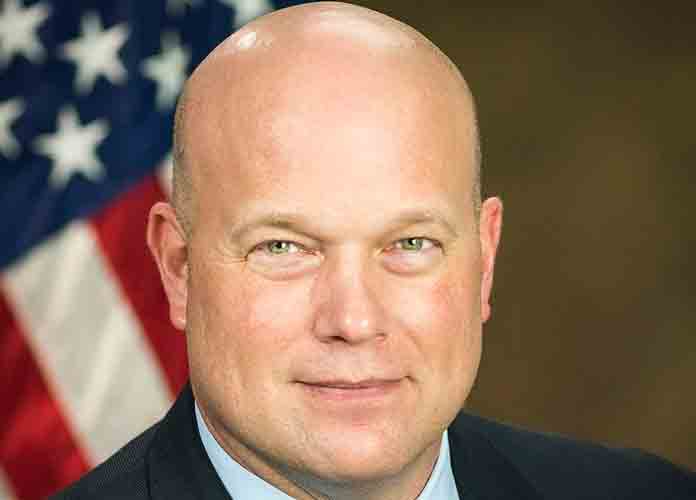Federal Court Orders Public Disclosure of Matthew Whitaker’s Financial Documents
A federal court rejected the Trump Administration’s bid to conceal financial disclosure documents that Acting U.S. Attorney General Matthew Whitaker submitted before ethics officials formally accepted them.
After a Freedom of Information Act (FOIA) request from BuzzFeed News, District Judge Trevor McFadden ruled Wednesday that the drafts of the disclosures are not eligible for protection. The loophole stems from an exemption in the law that does not protect the classification of policy-creating debates.
The Department of Justice had argued that under FOIA, the financial disclosure forms were protected. Whitaker’s forms contained financial information and were drafted via “deliberative process,” but the draft forms were not.
“The Court is unpersuaded by DOJ’s deliberative process arguments,” McFadden wrote. “Whitaker’s draft forms do not bear the mark of the deliberative process. BuzzFeed was not requesting evidence in the way of Whitaker’s correspondence with colleagues. It was requesting legitimate documents.
Subscribe to our free weekly newsletter!
A week of political news in your in-box.
We find the news you need to know, so you don't have to.
While the court turned down the Justice Department’s bid to have the draft financial disclosures remain classified, it said it would allow the department to expunge drafted private information not made in the final reports. Justice officials decided that Whitaker was not required to disclose this information.
In October 2017, Whitaker was required to submit a financial disclosure after he became Attorney General Jeff Sessions’ chief of staff. But the Justice Department’s ethics professionals did not fully process his initial disclosure somehow until 2018 when Trump defied the DOJ’s standard procedures to name Whitaker acting attorney general.
Justice ethics officer Cynthia Shaw said the slip was an “administrative error.” Last year when Senate Democrats questioned the move, a similar explanation was given.
Shaw also stated that releasing the drafts would be a “disservice” to the public and discourage honest-open relations between filers and ethics office personnel.
“Such disclosure would result in the public seeing reports that are incorrect,” she wrote. “If filers believe that all iterations before finalization are going to be released, they may be less willing to work with their ethics officials to correct the report.”
Whitaker’s finances came under scrutiny when the legal ethics nonprofit Foundation for Accountability and Civic trust granted him $1.2 million between 2014 and 2017. His finances also came under scrutiny for his work with a patent-marketing firm.
Upon William Barr’s ascension to the attorney general position in February, Whitaker gave up his post.
Get the most-revealing celebrity conversations with the uInterview podcast!







Leave a comment